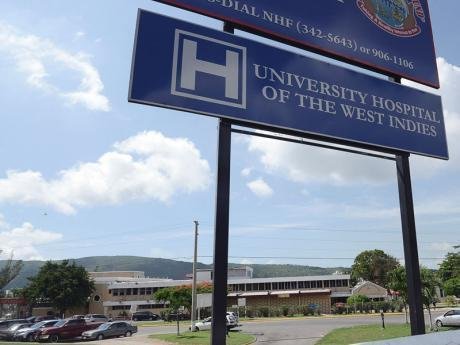Jamaica’s Healthcare and Crime Crisis: A Call for Change
Jamaica has long faced challenges with its public healthcare system and violent crime, issues that have persisted since gaining independence in 1962. As the nation approaches a pivotal election on September 3, both residents and the Jamaican diaspora are eager for change. Many believe that if the government could assure a robust healthcare system and a safer society, more Jamaicans abroad would consider returning home for retirement.
The Healthcare Dilemma
For years, both the Jamaica Labour Party (JLP) and the People’s National Party (PNP) have struggled to create an effective public healthcare system. A significant issue is the chronic shortage of medical staff. Many doctors and nurses leave for better opportunities overseas, leaving those who remain overworked and burnt out. This has led to dissatisfaction among healthcare workers and patients alike.
Public hospitals often face dire conditions. Many facilities are outdated and underfunded, resulting in long wait times and inadequate patient care. Reports indicate that even serious cases can experience delays in receiving medical attention. The U.S. State Department has issued warnings about Jamaica’s healthcare, highlighting slow emergency response times and limited access to specialized care, especially in rural areas.
Glimmers of Hope
Despite these challenges, there are bright spots in Jamaica’s healthcare landscape. Organizations like the Heart Institute of the Caribbean are making strides in cardiovascular care, and international agencies are stepping in to support projects aimed at improving healthcare infrastructure and training.
The next government must prioritize modernizing public health facilities and investing in community wellness programs. Embracing digital health solutions, such as electronic health records and telehealth services, can help bridge gaps in care, especially in remote areas.
Tackling Violent Crime
Addressing violent crime is a more complex challenge. While the outgoing government has made some progress through aggressive policing, this approach is not sustainable. A multi-faceted strategy is essential—one that tackles the root causes of crime, strengthens institutions, and reduces opportunities for violence.
Modernizing the police force is crucial. This includes better training in community relations and utilizing technology like CCTV and crime mapping. Much of Jamaica’s violent crime is gang-related, and dismantling these gangs requires more than just arrests. It involves cutting off their funding and reducing the flow of illegal firearms.
Community and Youth Engagement
Many gang leaders are seen as community figures, complicating efforts to dismantle their influence. The government must find ways to weaken their hold without alienating the communities they serve. Improving judicial efficiency to fast-track violent crime cases and reforming prisons to separate first-time offenders from hardened criminals are also vital steps.
Youth engagement is key. Programs that offer vocational training, apprenticeships, and sports can provide alternatives to gang involvement. While poverty doesn’t directly cause crime, income inequality fosters resentment and violence, which must be addressed.
A Cultural Shift
Transforming Jamaica’s "badness" culture is another necessary step. The glorification of violence in music and social media must be countered with positive narratives. Schools should incorporate conflict resolution training to help young people manage their emotions better.
As Jamaica stands at a crossroads, the next administration has a unique opportunity to implement long-term, bipartisan strategies for both healthcare and crime. Will they seize this moment to create a safer, healthier Jamaica for all?

